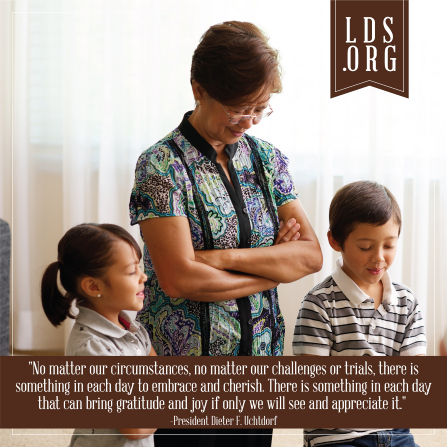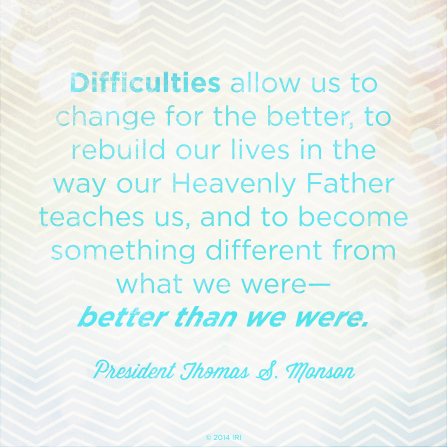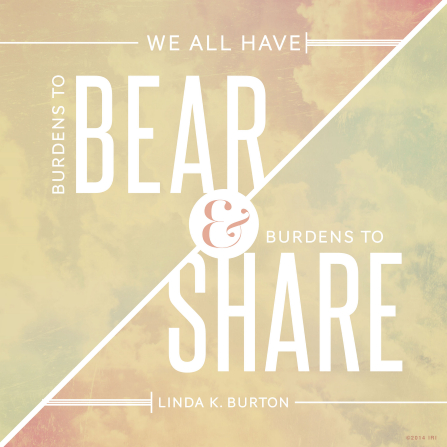 |
| Bug finds lots of happiness when he's outside. Bubbles increase it. |
I've mentioned, mostly briefly, before that the months after Bug's diagnosis was a rough time for me. I've never discussed it much detail, though, due to fear and plain shyness. But I'd like to discuss it more directly now in case there's anyone out there like the Me of a Few Months Ago who wanted so desperately to know that she wasn't alone in her feelings.
I knew that Bug's autism diagnosis would bring with it the
stages of grief. I just felt like I had been grieving for so long and I didn't want to anymore. But, no matter how hard I tried, I didn't feel I was getting better. Some days, it took all I had to just get out of bed in the morning. I wasn't connecting with the kids or my husband like I wanted. I tried to do things that in the past would have made me happy, but they didn't anymore. If anything, they were a short (or much too long) escape from my everyday life.
Somewhere, in the back of my mind, I knew I had never felt that way before and I should talk about it. I rationalized myself away from that, though, and my internal monologue just got worse:
"There must be something you think you are good at."
"...Being lazy?"
"Come on, people tell you are talented and wonderful. They can't all be wrong."
"They all might think that, but they don't really know me. They're wrong."
"Just one thing. You can think of one positive thing about yourself."
"I CAN'T."
Over and over, I thought things like this. These thoughts didn't really scare me, because I
knew I was right. I
knew I was worthless, so there was no harm in thinking that way. After a while, I simply didn't feel much of anything else but self-loathing and utter isolation.
Hating yourself is exhausting. I finally got to a point where I didn't want to keep wasting all of my energy on it. I still didn't want to talk to anyone honestly about what I was feeling, so I turned to the internet. I looked up depression symptoms and could hardly stand to read them because I couldn't be depressed, I just needed to stop feeling sorry for myself.
A few weeks of this, and I knew I had to do something, not for me, but for my family because I could see the toll I was taking on all of them. I found an online depression screening quiz, emailed the results to myself, and showed them to my husband because I couldn't figure out what words to say. Then came appointments, a willingness to talk more, very small and attainable goals (take a shower and get dressed today), a daily nighttime list of the things that made me smile, and little positive changes every day.
I started trying to pray, and read
scriptures and
talks more regularly. I remember the day I came across a talk called "The Moving of the Water", and I knew it was a direct answer to my many tearful and pleading prayers. This paragraph felt written just for me:
"You parents and you families whose lives must be reordered because of a handicapped one, whose resources and time must be devoted to them, are special heroes. You are manifesting the works of God with every thought, with every gesture of tenderness and care you extend to the handicapped loved one. Never mind the tears nor the hours of regret and discouragement; never mind the times when you feel you cannot stand another day of what is required. You are living the principles of the gospel of Jesus Christ in exceptional purity. And you perfect yourselves in the process." (The Moving of the Water, Boyd K. Packer, April 1991.)
I felt so often those tears, those hours of discouragement, and those times where I felt I could not "stand another day of what is required" - I still do sometimes. But instead of being told that it was all okay because I was given Bug due to my strength and inherent amazing qualities (which I could not believe at all I had), I was told that those feelings are okay. I was told that, yes, I was given a challenge that at times feels impossible, but it is a challenge that I can use to make me a better person. With work and (lots and lots) of faith, I can use this challenge - raising a son with autism - to be a better me and learn more about
Jesus Christ in ways that I would not be able to otherwise.
Life hasn't been all rosy since I decided to make positive changes, but it has become more bearable, and best of all, I feel truly happy once again. But I know now that just as Bug needs encouragement, individual attention, and gentle care each day to grow, learn, and be happy, I do as well - so does my husband and Bear.
If that internal monologue up there seems familiar to you, please don't hesitate to do something (safe) to reach out and get whatever help you need. What you need may be different from what helped me. I promise that you are not alone in your feelings and that impossible as it may seem, you will feel happiness again.
Some more words that have helped me immensely: "Like a Broken Vessel", Jeffrey R. Holland, Oct. 2013.












